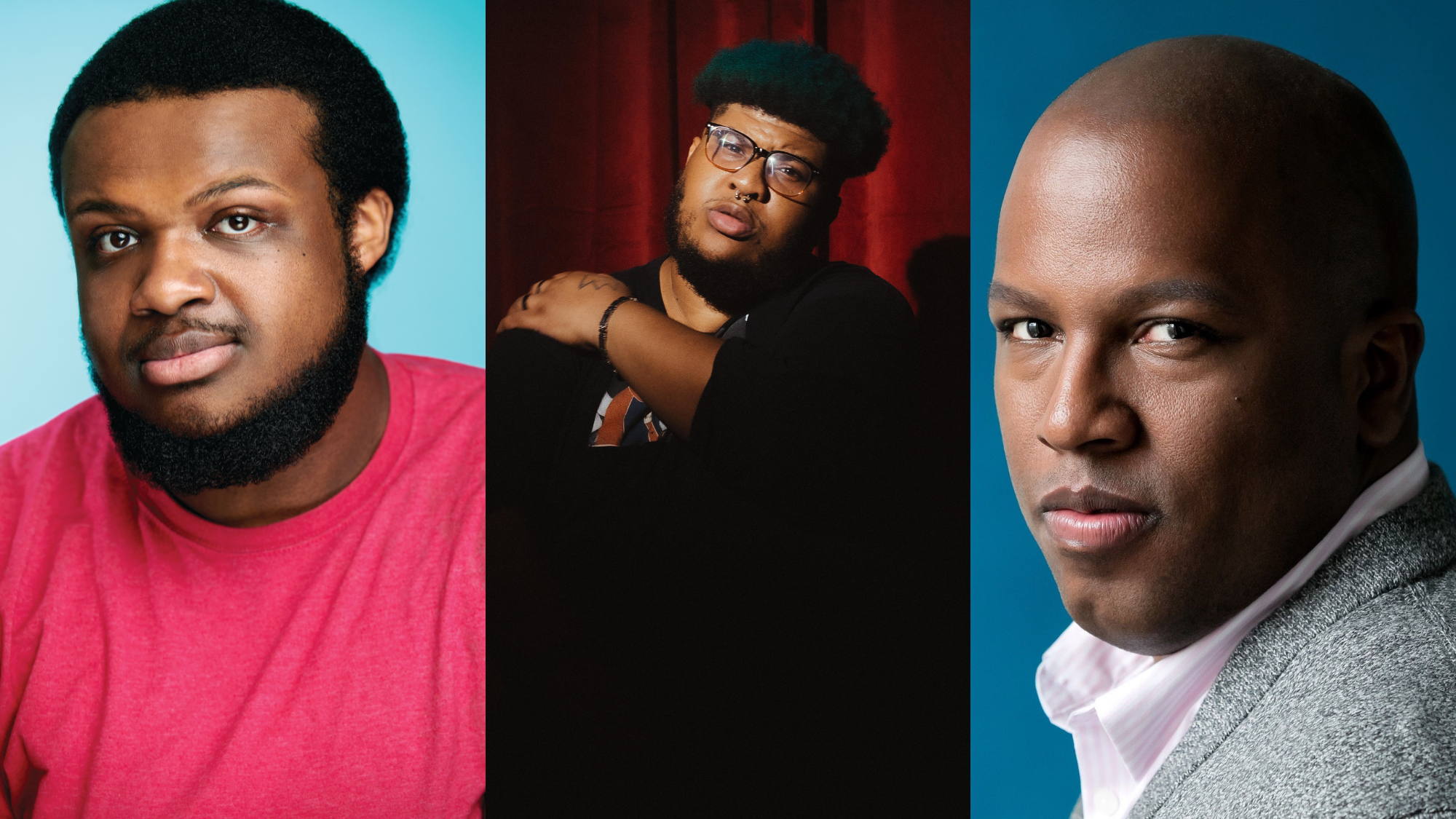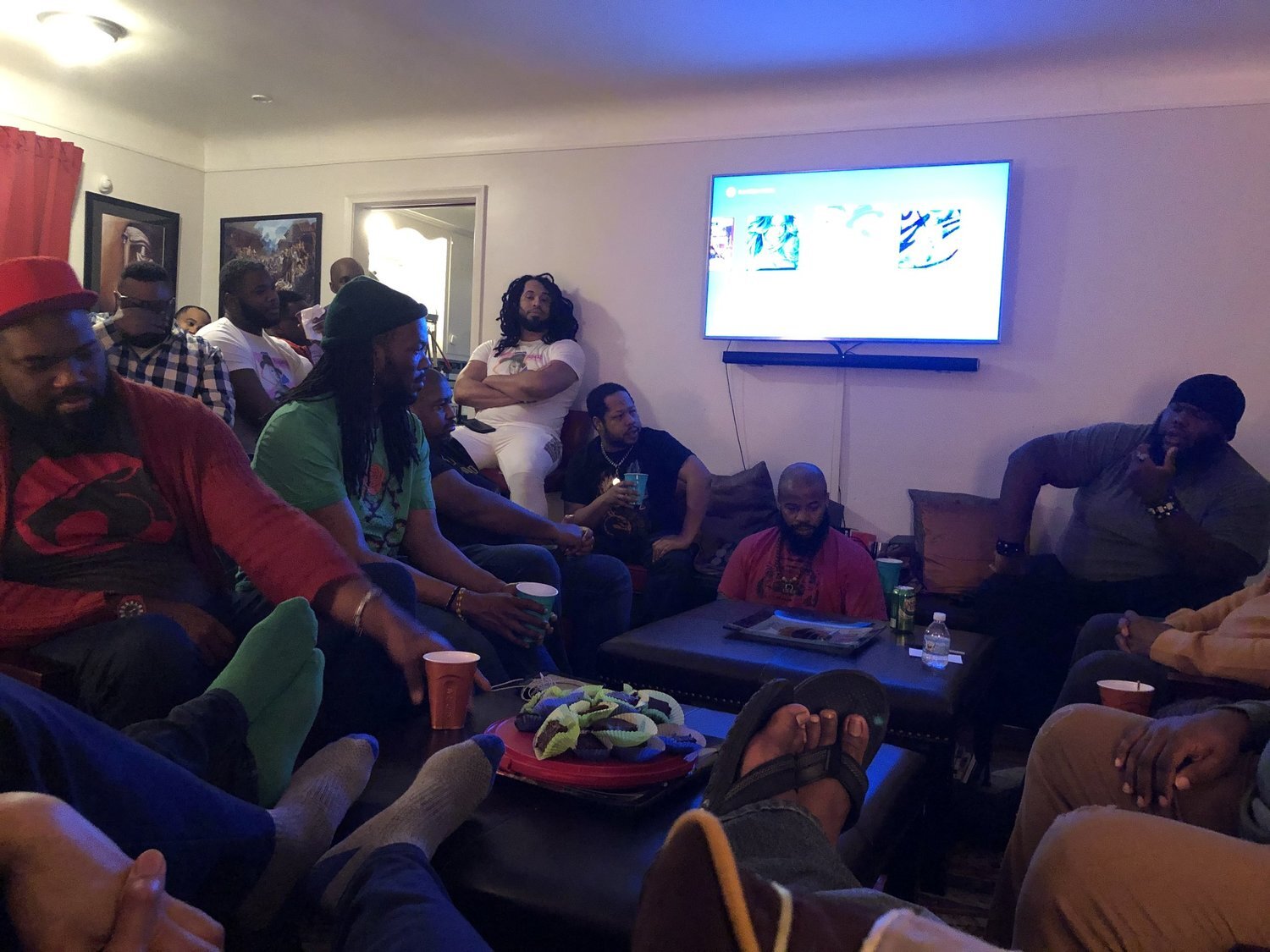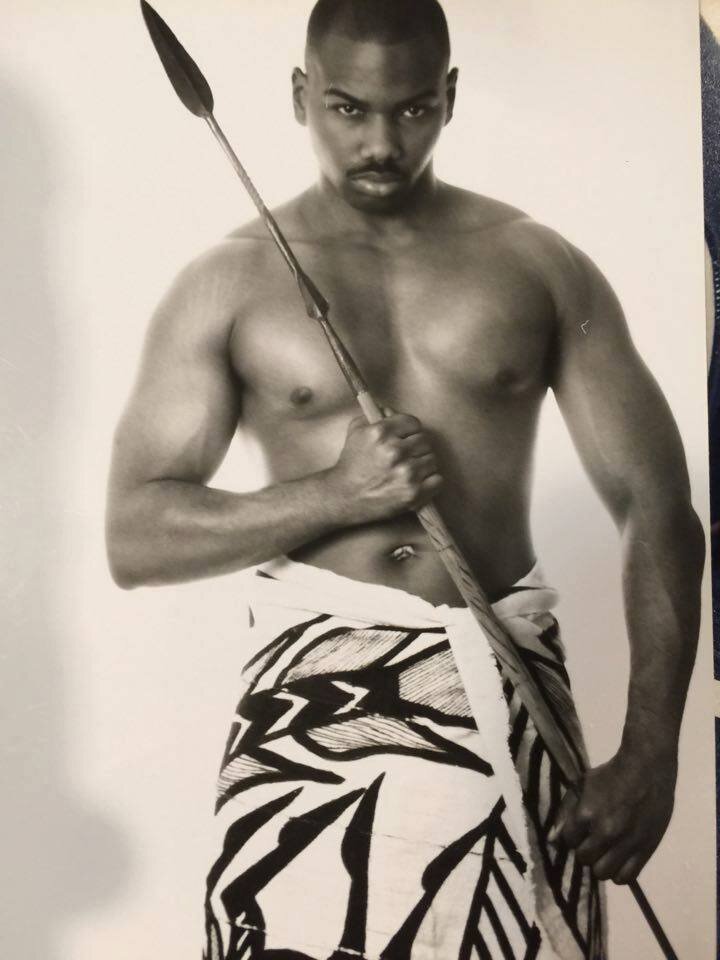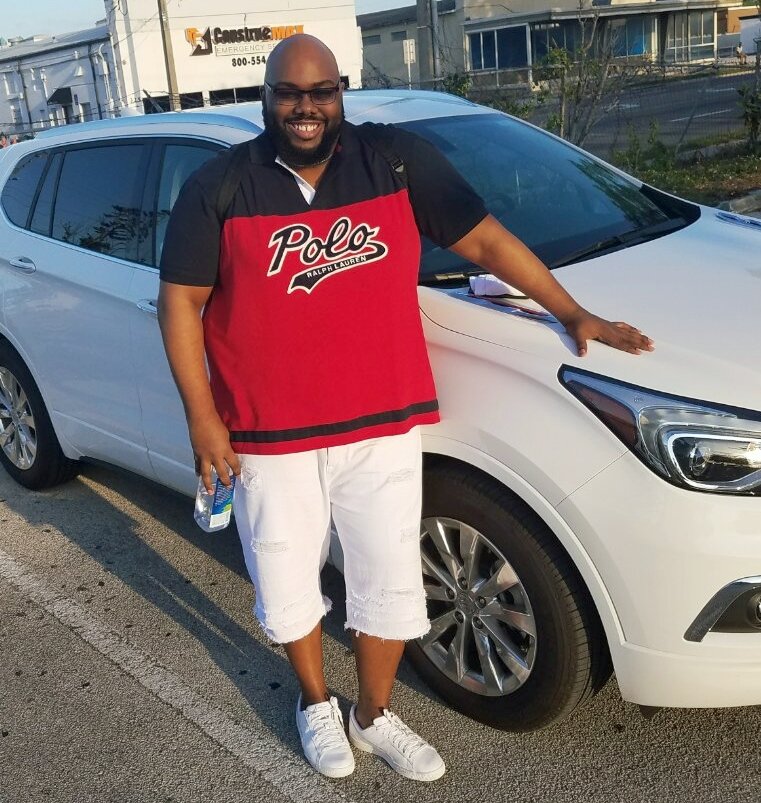A Fat, Black, Gay Superhero Has Come To Save Us: Alex Smith's 'Black Vans' is the Future
Do fat people exist in the future?
That's likely a question that many have never thought to ask. It has been argued that people of size are some of the most openly discriminated against and marginalized. So, for some, thinking about fatness and fat people existing in the future may be hard to imagine.
But not for writer Alex Smith, a 46-year-old, Philadelphia-based artist, with roots in the Punk music scene. Smith is not afraid of anarchy. In some ways, he thrives on it, and people are taking notice. His newest work, "Black Vans," takes his ambitions to uncharted territory and places Black, queer, fatness center stage.
"If we're gonna do this, we're gonna do this," Smith tells The Reckoning. "It was a no-brainer that the main character was going to be a fat, Black bear, period," when discussing his comic book series and its lead character, "Bo," who is of Afro-Latin descent.






